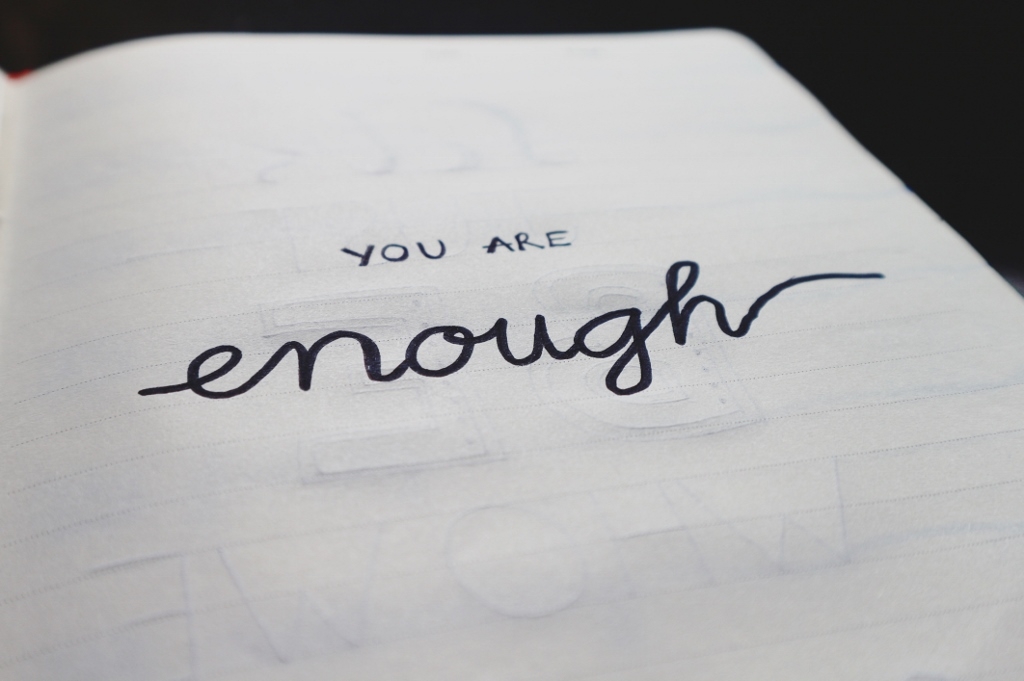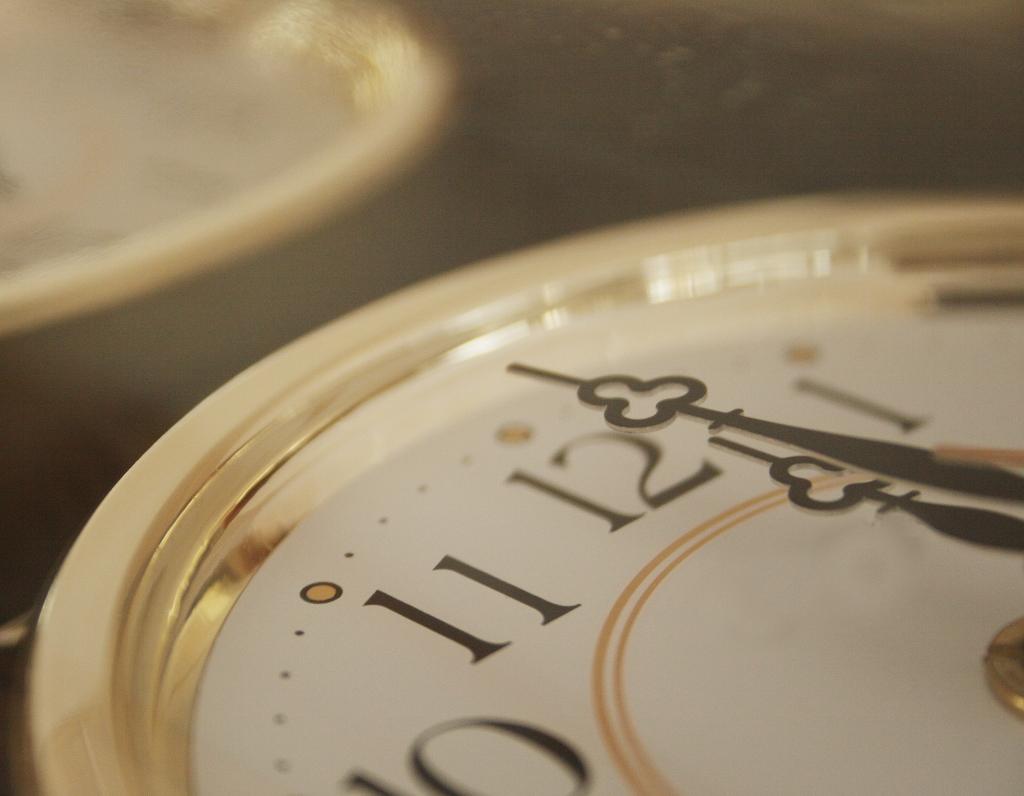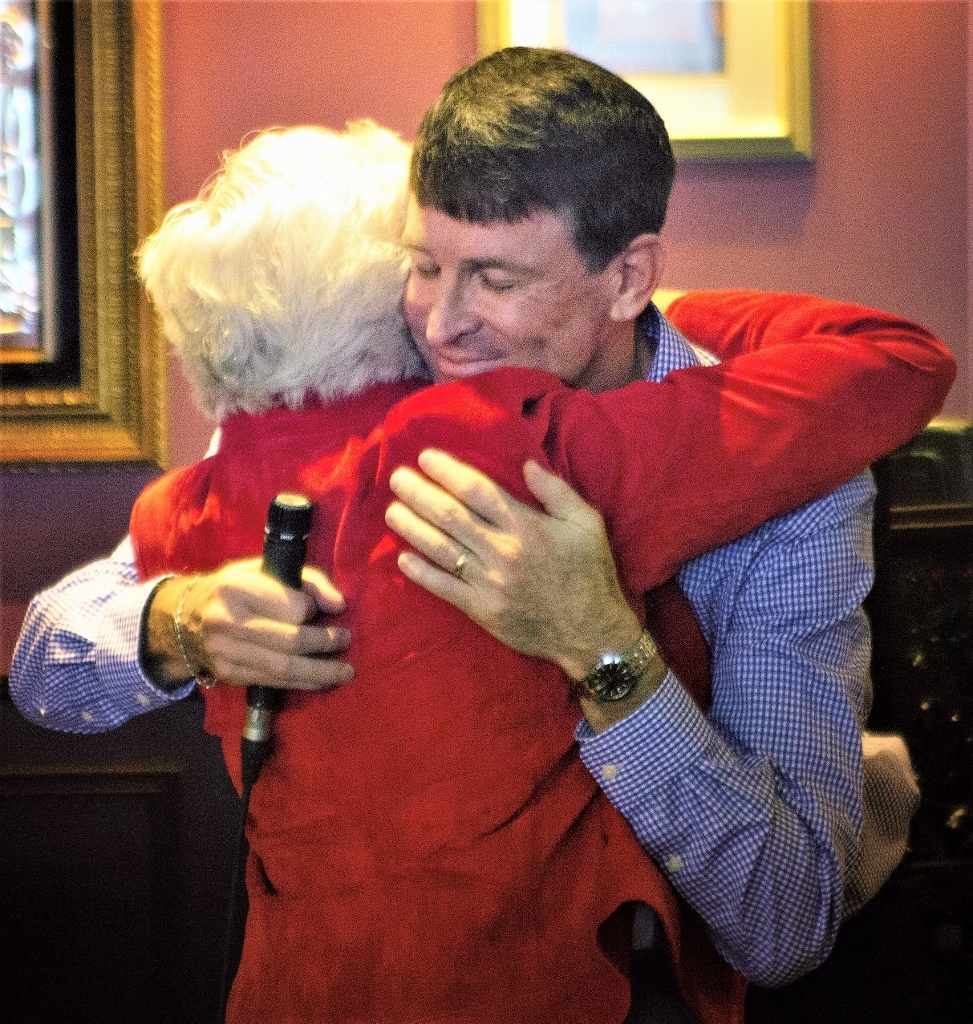
The Other Side of Reason – Lucidity
Involved in a bus accident that took the lives of six people, David Gibson has been battling through PTSD for over three years. In an effort to better understand himself and to communicate with others, he turned to writing. His first book was The Other Side of Reason: A Journal on PTSD, available now via petrabooks.ca. This column continues that text.
[Lucidity]
The fingers rest against the keyboard, another chapter to begin, but no words lie before me.
My dreams are no longer whispers on pages written long ago but finally realized,
So why do I stare at nothing, trying to spill letters to drown in the white page?
Is it fear that this year will be like the last and the one before that?
Will anything change, opening those doors that I have longed to step through?
The fingers rest against the keyboard, a promise of another moment in time, and where will I find myself
When I reach another chapter's end?
_____________________________
Memory, it turns out, is one of the major factors mediating the dialogue between consciousness and emotional experience. Our memories of past experience become encoded into triggers that act as switches for our emotional responses, directing the incoming emotions of our present experience in the direction of one emotional destination or another.
“I wish you could know what it means to be me,” Nina Simone sang in her 1967 civil rights song — an invitation to empathy at the heart of which is the stirring question of awareness: What does the experience of ‘being’ feel like from the inside and can that subjective experience ever be fully understood from the outside?
A healthy life after all, is rooted in a healthy sense of self, which is the basis of our sense of freedom. And yet a life pierced by trauma, is a divided life — a life that continually fractures our wholeness and asks us to show up as different fragments of ourselves for different situations.
At the heart of this sentiment are the two complementary forces of hope and will, for a hopeful regard for the future requires a willful commitment to rising to the problems of the present and transcending its turbulences — a dependency as true in our personal lives as it is in our work lives, and one which demands a capacity for withstanding uncertainty.
Why am I here? What am I meant to do? What is my purpose?
These are few of the thousands of thoughts that buzz in our heads as we discover ourselves and become more curious about what’s out there.
What I learned over the last four years since the accident, is realizing I have to at least try and do something about my life to find meaning and a renewed sense of purpose.
Sitting and pondering, even deciding what I want to be doing does not help; I have to be out there and try it out for myself to confirm that I actually like or hate what I thought I want.
I’ve also been told to go with the flow. I continue to have a difficult time practicing this, as I continue to want a sense of control and certainty in my life. Yet, the only certainty in life is in fact realizing there will always be uncertainties. As life progresses and unexpected things happen to us (e.g. loss of loved ones without having to say our last goodbyes, heartbreaks, health concerns, etc.), I believe we begin to understand what it means to seize the day and go with the flow at the same time.
There is only so much that is under our control; what we cannot control, we have to let go, but it does not mean we give up trying for what we want.
There is no hard and fast rule to when we should know who we are or what we are meant to do, but if we don’t try, we will never find out.
“The smallest act in the most limited circumstances bears the seed of … boundlessness, because one deed, and sometimes one word, suffices to change every constellation” Wrote Hannah Arendt.
Until next time.












